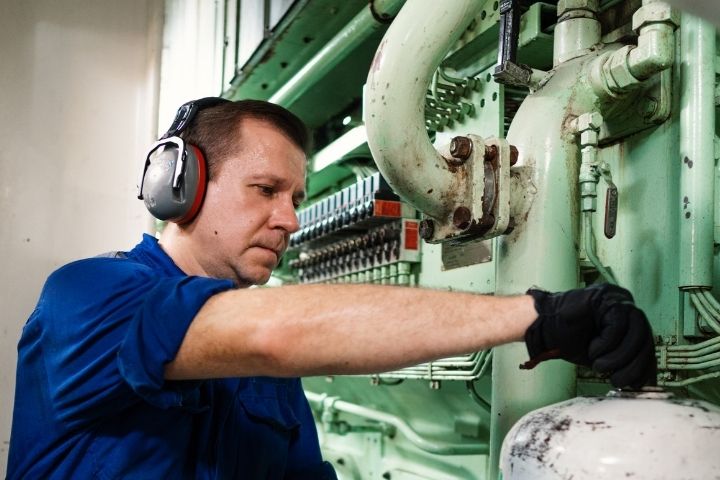Yacht Training & Competency (including Superyacht)
Working on a yacht or super yacht is a great career move if you are looking to travel the world. To begin your career on a yacht, you need basic safety training which can all be done at Stream Marine Training. To help you gain additional qualifications and become more employable in the yachting industry we recommend the additional course of Crowd Management and for yacht engineers AEC 1 and AEC 2. At Steam Marine Training, you can gain all the qualifications you need in a short space of time, meaning you can start your career quickly. For more information, see our Customer FAQ's below.

0.5 Day Webinar



